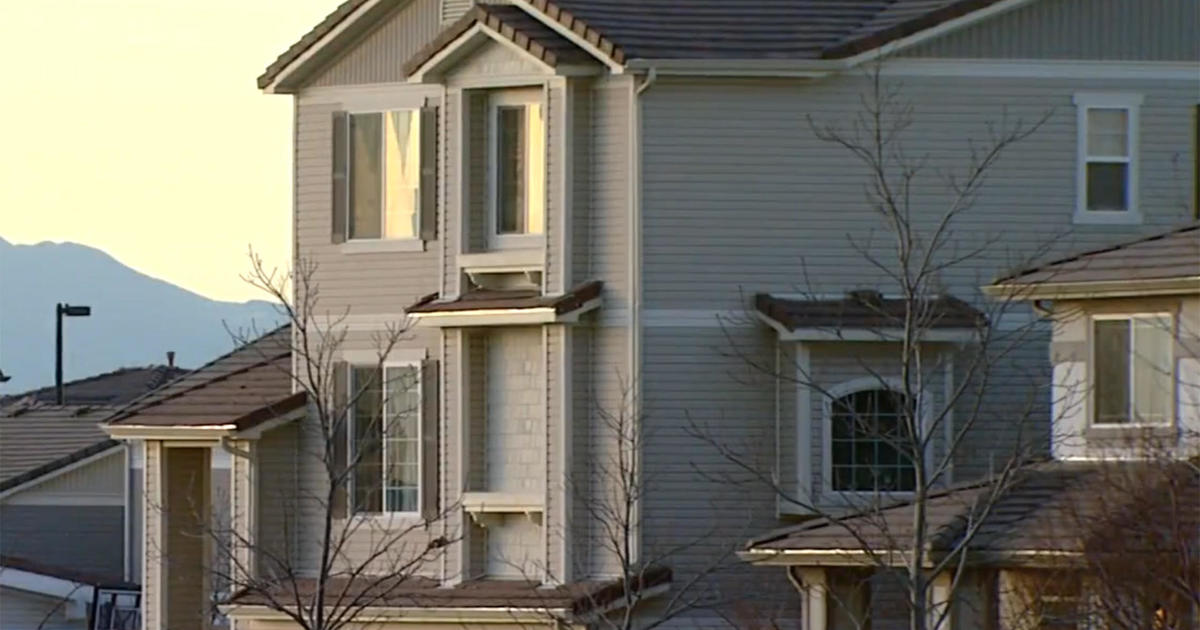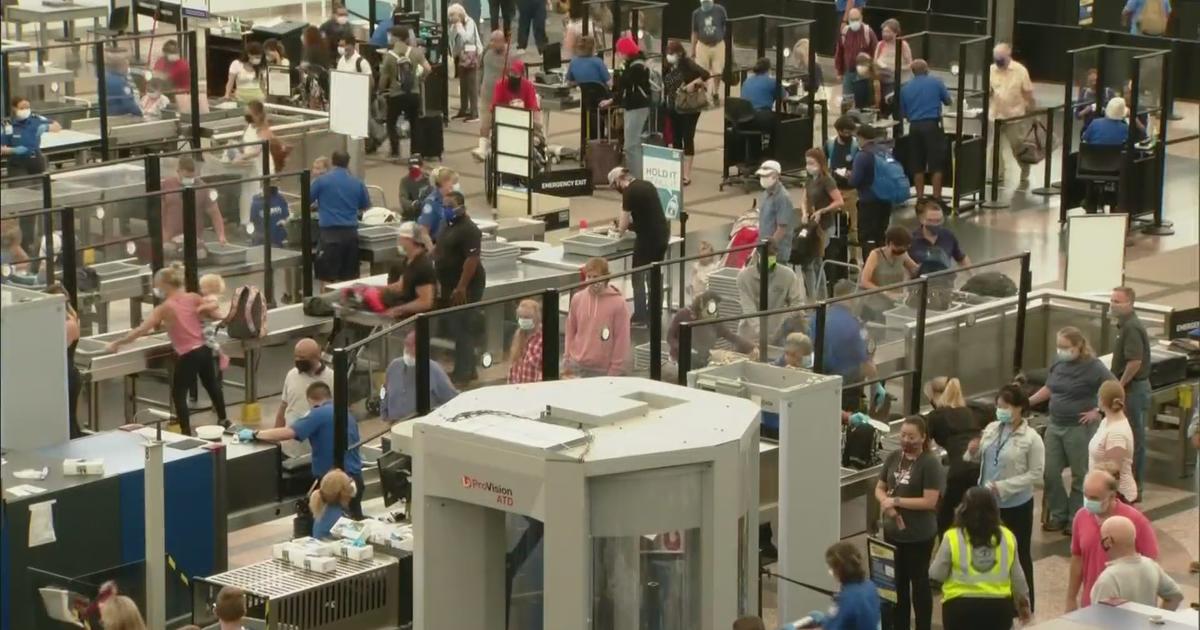Supreme Court lets Texas detain and jail migrants under SB4 immigration law as legal battle continues
The Supreme Court on Tuesday gave Texas officials permission to jail and prosecute migrants suspected of crossing the U.S. southern border without authorization, greenlighting the enforcement of a state immigration law known as SB4 that the Biden administration has called unconstitutional.
Denying a request from the Justice Department, the high court allowed the controversial Texas law, one of Gov. Greg Abbott's signature immigration policies, to take effect while the U.S. Court of Appeals for the 5th Circuit considers the measure's legality.
Passed by the Texas legislature last year, SB4 criminalizes unauthorized migration at the state level, making the act of entering the U.S. outside of a port of entry — already a federal offense — into a state crime. It also creates a state felony charge for illegal reentry.
At the request of the Biden administration, a federal judge last month blocked SB4, finding that the state measure is at odds with federal immigration laws. That ruling was then suspended by the 5th Circuit, which issued an administrative stay to review the matter. Justice Samuel Alito then paused that order on administrative grounds, which he extended Monday evening.
On Tuesday, the full court declined to suspend the 5th Circuit's order any longer. Justice Amy Coney Barrett, in an opinion concurring with the majority's decision, wrote that the high court shouldn't second-guess the appeals court.
"So far as I know, this Court has never reviewed the decision of a court of appeals to enter — or not enter — an administrative stay," she wrote in her concurrence, which was joined by Justice Brett Kavanaugh. "I would not get into the business. When entered, an administrative stay is supposed to be a short-lived prelude to the main event: a ruling on the motion for a stay pending appeal. I think it unwise to invite emergency litigation in this Court about whether a court of appeals abused its discretion at this preliminary step."
The three liberal justices, Sonia Sotomayor, Elena Kagan and Ketanji Brown Jackson, dissented from the ruling by the court's six-member conservative majority.
"The Court gives a green light to a law that will upend the longstanding federal-state balance of power and sow chaos, when the only court to consider the law concluded that it is likely unconstitutional," Sotomayor wrote in a dissenting opinion, joined by Jackson.
What Texas' SB4 immigration law does
SB4 empowers Texas law enforcement officials, at the state and local levels, to stop, jail and prosecute migrants on illegal entry and reentry charges. It also allows Texas judges to order migrants to return to Mexico as an alternative to continuing their prosecution, effectively creating a de facto state deportation system.
The Justice Department has said SB4 conflicts with federal law and the Constitution, noting that immigration enforcement, including arrests and deportations, have long been a federal responsibility. It has also argued the measure harms relations with the Mexican government, which has denounced SB4 as "anti-immigrant" and vowed to reject migrants returned by the state of Texas.
In a statement Tuesday following the ruling, the Mexican Ministry of Foreign Affairs "condemned" SB4, saying it "categorically rejects any measure that allows state or local authorities to exercise immigration control, and to arrest and return nationals or foreigners to Mexican territory."
"Mexico reiterates its legitimate right to protect the rights of its nationals in the United States and to determine its own policies regarding entry into its territory," the statement went on.
The Mexican government plans to file a friend-of-the-court brief with the 5th Circuit Court of Appeals "to provide information on the impact that this law will have on the Mexican and/or Mexican-American community, and its effect on the relations between Mexico and the United States," the foreign ministry added.
Abbott, who has positioned himself as the leading state critic of President Biden's border policies, has portrayed SB4 as a necessary measure to discourage migrants from crossing the Rio Grande, arguing the federal government has not done enough to deter illegal immigration.
Over the past three years, Texas has mounted the most aggressive state effort yet to challenge the federal government's power over immigration policy, busing tens of thousands of migrants to major, Democratic-led cities, assembling razor wire and buoys along stretches of the border to deter migrant crossings and filing multiple lawsuits against federal immigration programs.
The White House criticized the court for allowing the law to go into effect. Press secretary Karine Jean-Pierre called SB4 "harmful and unconstitutional," and said it was "just another example of Republican officials politicizing the border while blocking real solutions."
Department of Homeland Security spokesman Luis Miranda said SB4 will "throw immigration enforcement into chaos," noting that federal officials "do not have the authority" to help Texas enforce this law. The department, he noted, can only deport migrants with federal deportation orders."
"Immigration is within the exclusive purview of the federal government" Miranda added.
Abbott, the Texas governor, welcomed news of the court's ruling, writing in a social media post that it is "clearly a positive development."
The liberal justices' dissent
The Supreme Court did not express a view on the constitutionality of the Texas law, but Sotomayor accused the 5th Circuit of abusing its discretion "by entering an unreasoned and indefinite administrative stay that altered the status quo."
"This court stands idle," she wrote in a fiercely worded opinion. "Because I cannot, I dissent."
Sotomayor warned that SB4 will "disrupt sensitive foreign relations, frustrate the protection of individuals fleeing persecution, hamper active federal enforcement efforts, undermine federal agencies' ability to detect and monitor imminent security threats, and deter noncitizens from reporting abuse or trafficking."
She argued that the 5th Circuit should've considered the constitutionality of the law and harm caused by it before allowing it to take effect. Instead, Sotomayor continued, "it opened the door to profound disruption. This Court makes the same mistake."
Writing separately, Kagan said she would not have allowed SB4 to take effect, and said the 5th Circuit's "unreasoned" decision to temporarily allow Texas to enforce the law for more than a month "should not spell the difference between respecting and revoking long-settled immigration law."
Barrett's opinion was technical in nature and focused on the temporary stay issued by the 5th Circuit, which gave the green light for Texas to enforce SB4 while legal proceedings continue. That decision by the lower court, she said, was "an exercise of its docket management authority."
"The time may come, in this case or another, when this Court is forced to conclude that an administrative stay has effectively become a stay pending appeal and review it accordingly. But at this juncture in this case, that conclusion would be premature," Barrett wrote.




